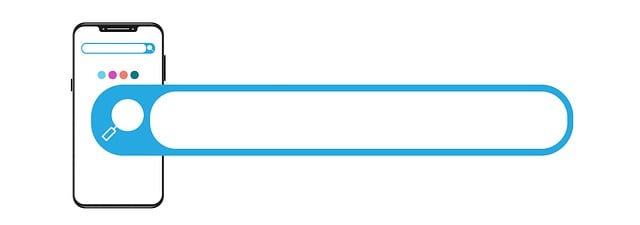In South Dakota, the Fair Debt Collection Practices Act (FDCPA) and state laws protect consumers from abusive debt collection practices, including unwanted calls from "do not call" lawyer services. Debtors have control over communication methods and shared information, and collectors are prohibited from using aggressive tactics, false statements, or misrepresenting legal status. South Dakota residents can request validation of debts and stop communication if they find the process unfair, even without involving do not call lawyers. Understanding your rights under FDCPA is crucial for navigating debt collection fairly.
Understanding the Fair Debt Collection Practices Act (FDCPA) in South Dakota is crucial for both consumers and debt collectors. This federal legislation aims to protect individuals from abusive or unfair collection practices, ensuring a balanced approach to resolving debts. This article guides you through the basics of the FDCPA as it applies locally, highlighting consumer rights and collector obligations. Learn how to navigate your rights without needing to call lawyers in South Dakota—know your protections and responsibilities instead.
What is the Fair Debt Collection Practices Act?
The Fair Debt Collection Practices Act (FDCPA) is a federal law designed to protect consumers from abusive, unfair, or deceptive practices by debt collectors in the United States. This legislation applies to everyone who collects debts for others, including collection agencies, lawyers, and other third parties. In South Dakota, residents are afforded additional protections under state laws that mirror many of the FDCPA’s provisions, ensuring a fairer process when dealing with debt collection.
The primary goal of the FDCPA is to give debtors (those who owe money) greater control over how they are contacted and what information is shared about their debts. It restricts debt collectors from calling consumers at unreasonable times or places, using false or misleading statements, threatening legal action without intent to take such steps, or employing aggressive tactics to collect debts. Importantly, it also prohibits collection agencies from identifying themselves as lawyers or law firms, which means South Dakota residents can rest assured that they won’t be targeted by unlawful “do not call” lawyer services.
How Does it Apply in South Dakota?
In South Dakota, the Fair Debt Collection Practices Act (FDCPA) applies to debt collectors who are attempting to collect debts from residents within the state. This federal legislation sets strict guidelines for how and when debt collectors can contact consumers, with a primary goal of protecting individuals from aggressive or unfair collection practices. Even if you choose not to call lawyers in South Dakota for debt-related issues, understanding your rights under the FDCPA is essential.
The act restricts debt collectors from engaging in certain behaviors, such as contacting you at unreasonable times, using abusive language, or making false statements about the amount you owe. It also mandates that collectors identify themselves and the company they represent. South Dakota residents have the right to request validation of their debts and to stop further communication from collectors if they believe the process is unfair or incorrect.
Rights of Consumers and Obligations of Debt Collectors
In South Dakota, consumers have a range of rights under the Fair Debt Collection Practices Act (FDCPA) to protect them from aggressive or unfair debt collection practices. One of the most significant rights is the ability to request validation of the debt. Consumers can ask the debt collector for evidence that they owe the money and details about the original creditor, which must be provided within a specific timeframe. This ensures transparency and prevents collectors from attempting to pressure individuals into paying debts they may not actually owe.
Additionally, the FDCPA sets strict guidelines on when and how debt collectors can contact consumers. They are prohibited from calling at unreasonable times or places, using abusive, threatening, or oppressive language, and repeatedly contacting individuals about the same debt. Consumers in South Dakota can also restrict communication by requesting that their information not be shared with third parties for collection purposes, without facing retaliation. This act aims to empower individuals to assert their rights and protect themselves from unjust debt collection methods.






